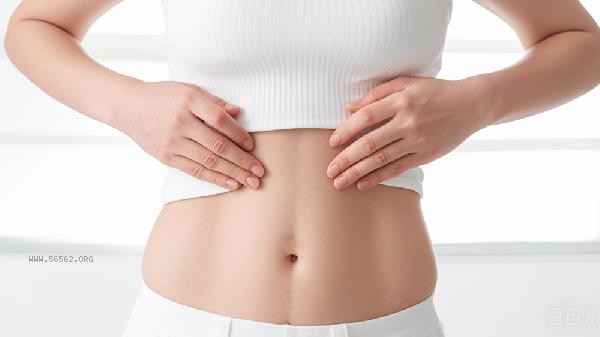During menstruation, it is not the best time to lose weight. Hormonal levels fluctuate greatly during a woman's menstrual cycle, and at this time, the body needs more nutritional supplementation rather than calorie restriction.

Endometrial shedding during menstruation accompanied by blood loss and iron loss may lead to anemia symptoms such as fatigue and dizziness. Deliberately reducing calorie intake may exacerbate discomfort and even affect ovarian function. Some women may experience edema and temporary weight gain due to a decrease in progesterone levels, which is a physiological phenomenon and does not require adjustment through dieting. The basal metabolic rate slightly increases about a week after ovulation, but the difference is not significant enough to constitute a significant weight loss advantage. After the end of menstruation, estrogen levels rise and the body's water storage decreases, which may cause a false impression of weight loss. The actual weight loss effect is not directly related to the menstrual cycle. People with special physical conditions need to develop a physiological diet and exercise plan under the guidance of a doctor.

It is recommended that women maintain a balanced diet during their menstrual period and increase their intake of iron and protein rich foods such as lean meat and animal liver in moderation. Avoid vigorous exercise and choose low-intensity activities such as yoga and walking. Weight loss should focus on long-term calorie balance rather than physiological cycle stages, and healthy weight loss should not exceed 5% of body weight per month.










Comments (0)
Leave a Comment
No comments yet
Be the first to share your thoughts!